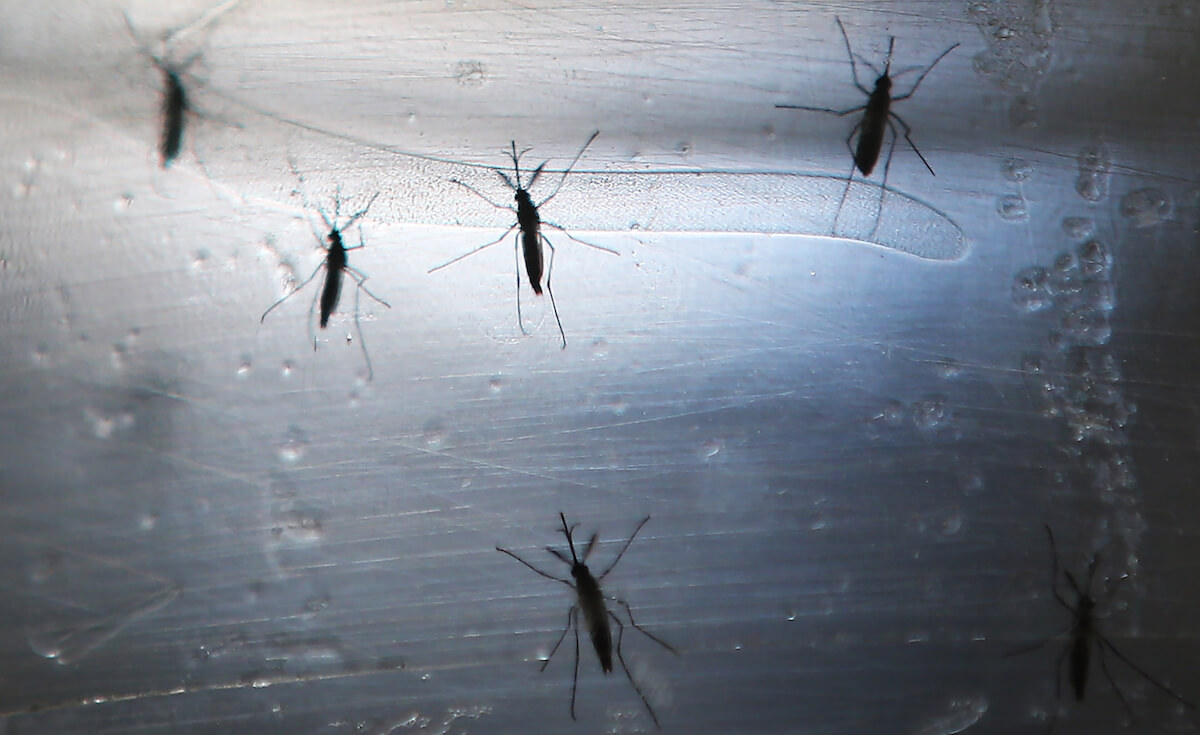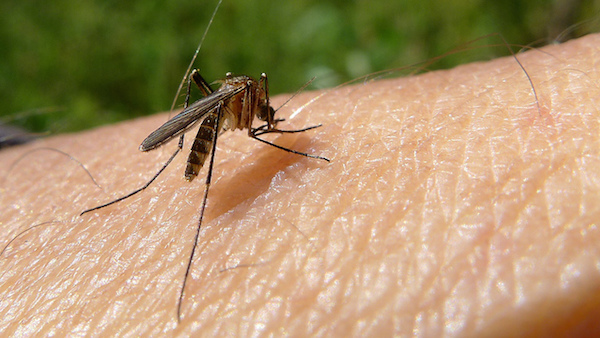Zika advice for moms-to-be

Getty Images
Mosquitoes are annoying at the best of times, but when you can’t turn on the TV without hearing about a disease they’re spreading, the winged menances are downright terrifying.
Zika virus is a mosquito-borne illness that causes severe birth defects in fetuses of infected mothers. It’s been a problem for pregnant women in faraway places like South America and the Caribbean, until now: On June 1, a mother infected with Zika gave birth to an infected baby in New Jersey.
The baby was diagnosed with microcephaly — a head smaller than expected due to lack of brain development. There’s more. While once thought to be transmitted mainly via mosquito bite, the World Health Organization recently announced Zika can also be transmitted sexually. Men can pass it to women during unprotected sex, and women can who become pregnant — or who are already pregnant when they are infected — can pass it to their fetuses. (It’s unknown if women can pass Zika to men during sex, according to the Centers for Disease Control and Prevention.)
What does this all this mean if you’re pregnant or trying for a baby? We spoke to Dr. Jesse L. Goodman, former chief scientist of the FDA, a member of the Institute of Medicine and a renowned expert on infectious diseases, about Zika and how to keep yourself safe.
Is the ZIKA virus expected to affect the US this summer?
So the main mosquito type that has transmitted ZIKA — currently there’s an outbreak in South America — is pretty widespread throughout the southern United States, especially further south. So we have the mosquitoes here that can transmit it, but as of yet, ZIKA isn’t in those US mosquitoes. So what everybody is worried about is if it gets into that mosquito population. The mosquitoes could fly here, which is less likely given their short life span. [It’s more likely] for an an individual who was infected elsewhere, like the Caribbean or South America, to get bitten by a mosquito here, which could then begin transmitting the virus here. But so far that hasn’t happened.
The WHO released new information that the disease can easily be sexually transmitted.
Yes. If a male tests positive, the CDC recommends that they should either use condoms or abstain from sex for six months to avoid transmitting it sexually. If a woman tests positive, and is not pregnant, it’s recommended that they protect against pregnancy, in this case for at least two months. Pregnant women need to be concerned that if their sexual partner has travelled to an area where there could be ZIKA that their sexual partner could potentially infect them.
What’s the most important thing to know for people who either are, or want to get pregnant?
People need to take it very seriously. The consequences for a fetus can be terrible. Although mosquitoes are the main way of transmitting the virus, it is also a sexually transmitted disease, and when it’s sexually transmitted, it can be a serious problem. Now people have to view another aspect of responsible sex, transmitting ZIKA, particularly to a woman who might be pregnant or be becoming pregnant in the future. I think women and men need to take the role of the male partner very seriously.
How can people protect themselves?
Do what is possible to reduce exposure to mosquitoes that might transmit disease. The second thing is education. Then — particularly people who are planning a pregnancy —should do everything possible to reduce their personal risk of exposure, like using a BPA approved mosquito repellent and trying to keep covered when outside. And people should avoid travel to areas where we already know ZIKA is circulating such as in Latin America or the Caribbean.
What are the symptoms?
For most adults — other than pregnant women and their sexual partners or people planning pregnancy — it either causes no symptoms or its an annoyance. Most patients who have the virus have no symptoms at all, they don’t feel sick. And then maybe one in five have a fever, aches, a rash, red eyes. In a much smaller number, something like, 1 in 1,000 1 in 10,000 or less get neurologic complications like Guillain Barre syndrome.
What is a clear indicator that someone in the US should go test for the virus?
Its recommended if people have travelled and developed symptoms, pregnant women who have travelled or moved to areas where ZIKA virus is known to be, it is recommended that they get tested.
What is treatment since there is no vaccination?
There is no currently available medicine or treatment that is directly effective against the virus. [If a pregnant woman has a positive test] their pregnancy needs to be evaluated and monitored by a fetal health expert.
















